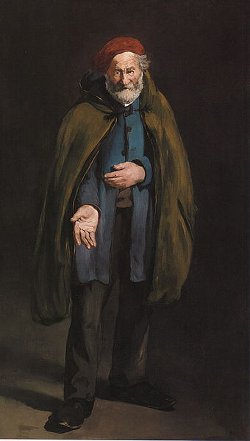
In July 1833 the Earl of Stamford and Harrington received a letter signed “Martha Turner.” “It is with shame, indescribable shame, I presume to address your Lordship with these lines,” she wrote, “but from having a knowledge of your Lordship’s person from my infancy, and through the report of your Lordship’s sympathising and benevolent character, I am about entrusting a most unfortunate affair to your Lordship’s honour and secrecy.”
She had left her widowed mother at Christmas, she said, with a man who had promised to marry her but had left her “ruined and undone.” She begged for “a small pecuniary assistance,” pleading with the earl to rescue her “from entire destruction” and “a miserable death.”
Martha Turner didn’t exist. Her appeal was contrived and arranged by Joseph Underwood, one of about 250 letter-writing impostors who plagued England’s wealthy in the 1830s. Underwood had invented and written Martha’s letter in a woman’s hand, and he forged corroborating messages from her supposed seducer and from a clergyman supporting her story.
Underwood earned nearly £1,000 a year at this, which apparently made his frequent incarcerations worthwhile. “If the faculty of creation be one of the principal attributes of genius,” wrote John Grant in 1838, “Underwood was a genius of the first magnitude. The force and felicity of his imaginative facts were remarkable. Had he turned his attention to novel-writing, instead of to the profession of a begging-letter impostor, there is no saying how high his name might at this moment have stood in the current literature of the country.” Underwood chose otherwise — he died in Coldbath Fields Prison in 1838.
